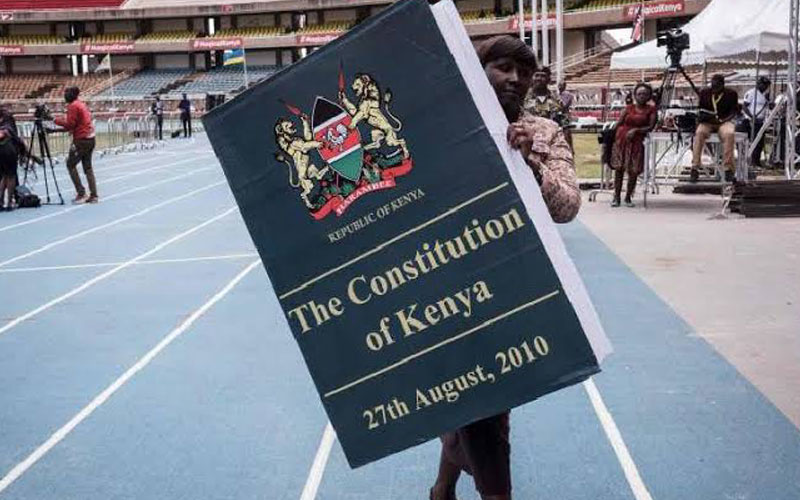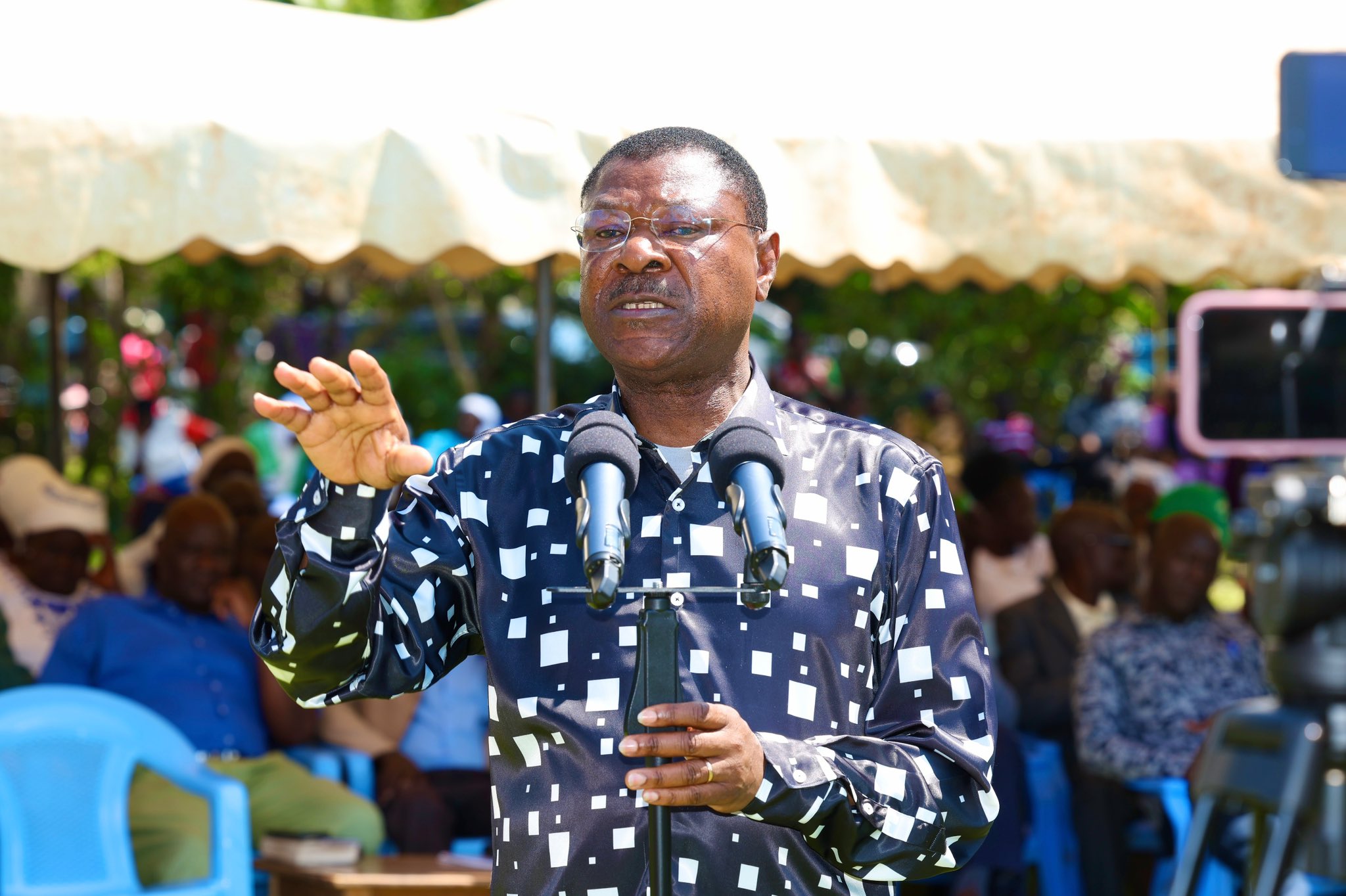Appeal court ought to rise to the occasion

The preamble to the 2010 Constitution says it was enacted in honour of those who heroically struggled to bring freedom and justice to our land and is meant for the current and future generations.
Essentially, it is a poignant declaration that it is a covenant for posterity, a negotiated and shared settlement on how Kenyans want to be governed.
History is replete with heart-wrenching stories of Kenyans who made huge sacrifices in the constitutional reform process, some paying the ultimate price.
Others still bear the scars of the battle. There is almost consensus that the Kenyan Supreme law is one of the most progressive in the world with its Bill of Rights often cited on expansion of freedoms and protection of human rights.
More important, is the declaration that all powers belong to the people who have it delegated to the various institutions.
Equally notable is the pronouncement that Kenya is a constitutional democracy governed by the rule of law under a system that enforces separation of powers between the Executive, Judiciary and the Legislature.
That is why any radical changes to our governing document must involve the people.
We are aware that the decision by the High Court declaring the Building Bridges Initiative (BBI) unconstitutional has pushed the political actors to the drawing board.
While some have lauded the decision as a strong advisory on the country’s reform debate and a demonstration of independence of the Judiciary, others have raised objections to it.
It is however gratifying that its promoters have resorted to seek a different opinion, not on the streets, which will yield instability, but in the Court of Appeal.
Their decision was a vote in confidence of our institutions and the wisdom of the Constitution. The beauty of the Kenyan legal system is that it is appellate.
A citizen aggrieved by a decision of a lower court is accorded an opportunity to seek redress in a higher one.
Now the court bears the heavy responsibility to discharge its constitutional mandate and guide the country on the highly divisive matter.
Kenyans have had questions about some judicial questions but their levels of confidence in institutions have improved drastically since the enactment of the 2010 Constitution.
We encourage the Court of Appeal to rise to occasion and hear the matter expeditiously, soberly, independently and render a decision that enhances constitutionalism, and more importantly, serves the interest of Wanjiku.











